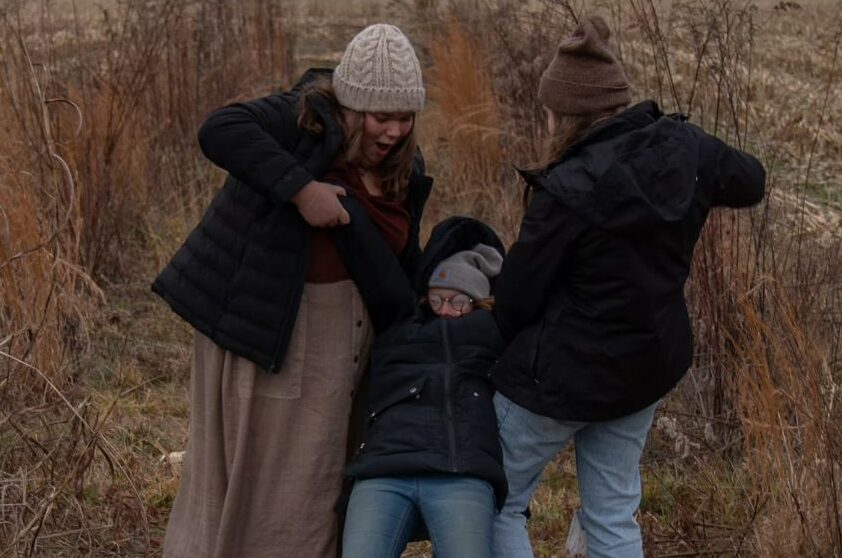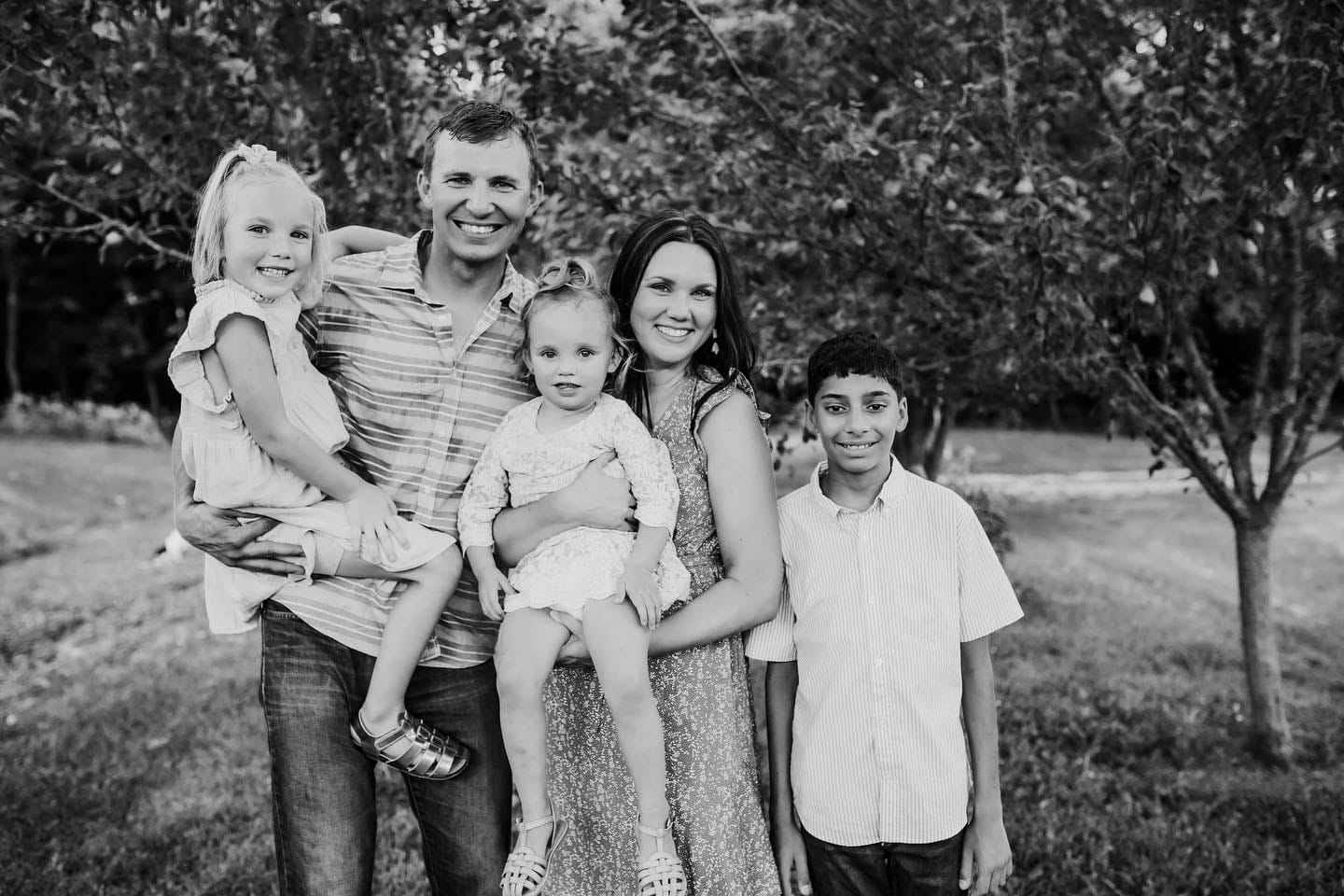One man’s story of living in Africa’s largest urban slum, succeeding in school with Kibera Penda Project and the hope of ending his family’s cycle of poverty!

Kibera Penda Project exists to stop the cycle of poverty through education in Kibera slum of Nairobi, Kenya.
Kibera is one of the largest slums in Africa. Located just outside downtown Nairobi, Kibera has a population of close to 1 million people in less than a square mile.
Life in Kibera is hard. Each mud hut or tin roof shack houses an entire family in about a 10 by 10 foot space. Basic life necessities do not exist in Kibera. Clean water, consistent food on the table, plumbing, and electricity are not a way of life in Kibera. Because of this, disease and sickness are a constant struggle.
Life expectancy in the slum is 30 years old. Most children in the slum either have one or no parent. My father passed away when I was 6 years old. After that my mother began selling vegetables within the slum to support her 5 children.
At age 7, I began to sell scrap metal in the slum to help support my family. Elementary school is not too expensive in Kibera, but when the average family lives on 1 dollar per day, paying any amount for adequate schooling can be tough. The majority of kids in Kibera finish their education after 8th grade. High school fees are raised high after 8th grade and most families cannot afford to send their kids to high school. Knowing that high school may not be an option due to scarce resources, most students put very little effort into their education. Because of this lack of hope, by the age of 13 students are looking to other options to support themselves.
Gang activity, drug dealing, theft, and prostitution are all common amongst young teens in Kibera. Kibera is full of desperate people and sometimes these people resort to desperate measures to survive, including my best friend who was shot and killed at age 13 for stealing.
Most kids in the slum drop out of school in 8th grade and within a few years they have children of their own, who then follow this never-ending routine. The cycle of poverty continues generation after generation in Kibera with no hope or options to stop it. My mother always told me that with hard work, I would be the one who saves our family from this poverty cycle. This has been my motivation and all I needed was a reason to hope that life could be different for my family. In 2008, sitting in my 7th grade classroom, I heard about the Kibera Penda Project and their desire to see the cycle of poverty end in Kibera through education. I was told if I focused on my studies and made the needed test score, Penda Project would offer me a scholarship to high school.
I finished 8th grade with one of the highest test scores in all of Kibera. My high school scholarship took me to a boarding school outside of Nairobi. Boarding schools are great for Kibera kids because we get a comfortable roof over our head, 3 meals a day, electricity to help us focus on our studies, and most importantly we are separated from the dangers and temptations of slum life.
In Kibera, favorable living conditions and motivation for the future is all most kids need to succeed. Unfortunately, most do not get the same chance that I have been given. I graduated high school as the valedictorian of my class. Can you believe it, a kid from Kibera: the top student at one of the top boarding schools in all of Kenya!!! Most importantly, I was the first person in my entire family to graduate high school. Kenya has a very high unemployment rate. There are just not enough jobs for the large population. Because of this, a high school diploma is not enough to secure a good job. The hope Penda Project has given me has allowed for me to attend a four year university here in Kenya. I am on my way to making my mother’s and my dream come true.
My name is Eddy Mwangi, and the cycle of poverty for my family ends with me.
Join the life changing work of Kibera Penda Project here!



